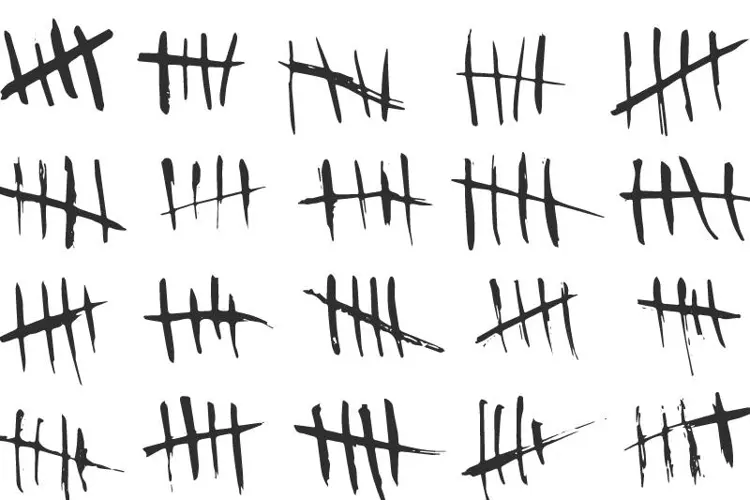The FDA announced today it has issued warning letters to 20 companies the agency says have continued to sell products that should have been removed from the market. The products were submitted to the agency for premarket review and rejected with Marketing Denial Orders (MDOs).
The FDA has so far issued MDOs to 323 vaping manufacturers, mostly for products in flavors other than tobacco and menthol. The FDA announced on Aug. 26 that flavored vaping products would not be considered for authorization unless manufacturers could show “sufficient product-specific scientific evidence to demonstrate enough of a benefit to adult smokers that would overcome the risk posed to youth.”
The FDA has stated that products remaining on the market after receiving MDOs are among the agency’s highest enforcement priorities. Receiving a warning letter is the first step of FDA enforcement, and can be followed with more severe sanctions, including fines and seizures of products. The agency also announced additional warning letters to companies marketing products without first submitting Premarket Tobacco Applications (PMTAs).
Although the FDA’s most recent MDO list was published Sept. 22, the agency hasn’t actually issued a new MDO since Sept. 17—nearly three weeks ago. Companies receiving MDOs have 30 days to challenge the orders in court or through administrative appeal.
Several companies have challenged the FDA marketing denials in federal court, including Turning Point Brands and Magellan Technology. Turning Point Brands has also asked the court for a stay of the FDA order, which would allow them to market their products while the court considers their lawsuit.
Sept. 9, 2021 was the deadline for unauthorized products to be removed from the market. All vaping products made with tobacco-derived nicotine are now technically illegal to sell, and only remain on the market through FDA enforcement discretion. That includes all tobacco- and menthol-flavored vaping products, and other nicotine products like flavored nicotine pouches.
Since the Sept. 9, 2020 PMTA submission deadline, the FDA has not issued a single marketing authorization for any vaping product. The agency has not even made decisions on mass-market vaping products like JUUL and Vuse, which FDA Center for Tobacco Products Director Mitch Zeller said would be prioritized in the review process because of their market share.
Some small manufacturers have begun reformulating their products with synthetic nicotine, which could bypass current FDA tobacco product authority. It isn’t known if the agency will attempt to regulate synthetic nicotine as a drug.
The Freemax REXA PRO and REXA SMART are highly advanced pod vapes, offering seemingly endless features, beautiful touchscreens, and new DUOMAX pods.
The OXVA XLIM Pro 2 DNA is powered by a custom-made Evolv DNA chipset, offering a Replay function and dry hit protection. Read our review to find out more.
The SKE Bar is a 2 mL replaceable pod vape with a 500 mAh battery, a 1.2-ohm mesh coil, and 35 flavors to choose from in 2% nicotine.
Because of declining cigarette sales, state governments in the U.S. and countries around the world are looking to vapor products as a new source of tax revenue.
The legal age to buy e-cigarettes and other vaping products varies around the world. The United States recently changed the legal minimum sales age to 21.
A list of vaping product flavor bans and online sales bans in the United States, and sales and possession bans in other countries.
















